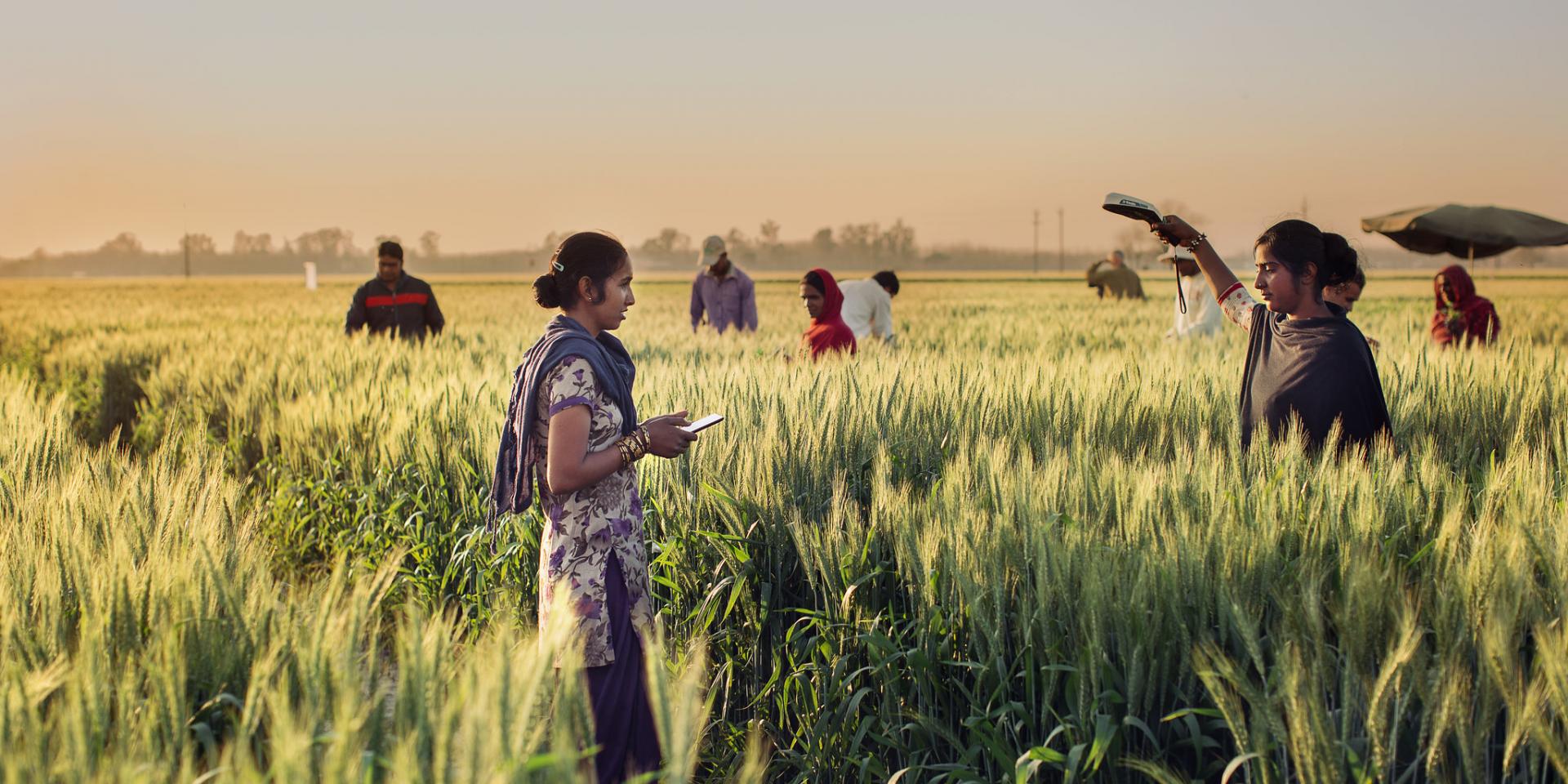Inclusive Digital Transformation in International Development (January 6-10, 2025)

Digital technologies are radically transforming international development landscapes.
Although digitalisation promises immense opportunities, it also creates disparities in access and power.
When it comes to the formulation and application of digital development strategy, policy or practice, understanding the critical elements emerging in digitalisation globally is essential.
This course is in English
What will you learn?
- Understand the historical and emergent landscape of digital development.
- Apply concepts and analytical approaches to assess digital power in digital development.
- Identify how digital technologies can perpetuate or mitigate exclusion related to gender, race, location, and other key factors.
- Incorporate mechanisms for inclusive digital transformation: deliberation, design, and governance.
- Understand the state of digital rights and surveillance practice in low-middle-income country (LMIC) contexts.
Key information
Date
From 6 January 2025 until 10 January 2025
Venue
Institute of Development Studies Library Road Brighton BN1 9RE UK
More about this training
This course will:
- Equip you with the practical frameworks and approaches to promote inclusive digital transformation in your digital development work.
- Access the most current evidence in the digitalisation of international development and humanitarian practice.
- Help you use practical frameworks and approaches that identify digital innovations that will improve equity, inclusion, and participation.
- It will also help you assess digital development practices, policies and strategies at national and/or organisational level to identify action to support more inclusive and equitable approaches.
By the end of the course, you will be able to identify gaps or areas of improvement in a digital development practice, policy and strategy, by learning from existing examples, experts, and resources.
You will gain insights into digital power dynamics in low-middle income countries, allowing you to champion inclusive, people-centric digitalisation policy and practice across diverse contexts.
You will learn through:
- Interactive lectures, discussions and hands-on exercises, relating to the real-world case studies and scenarios of the course participants.
- Peer feedback and group problem-solving, with lightning talks that allow participants to share on their anticipated/existing challenges and solutions in practice.
- Self-reflective journal tasks after each lecture session.
- You will prepare a presentation on the final day, to facilitators and peers, targeting improvements to your digital transformation strategy, policy or practice.
The lectures will present key concepts on inclusive digital transformation, framed around themes developed and identified from practice and research, by experts at IDS and invited guest lecturers from practice.
Who can I contact for more information?
Short Course Coordinator
Access now
https://www.ids.ac.uk/specialist-short-courses/inclusive-digital-transformation-in-international-development-in-person/